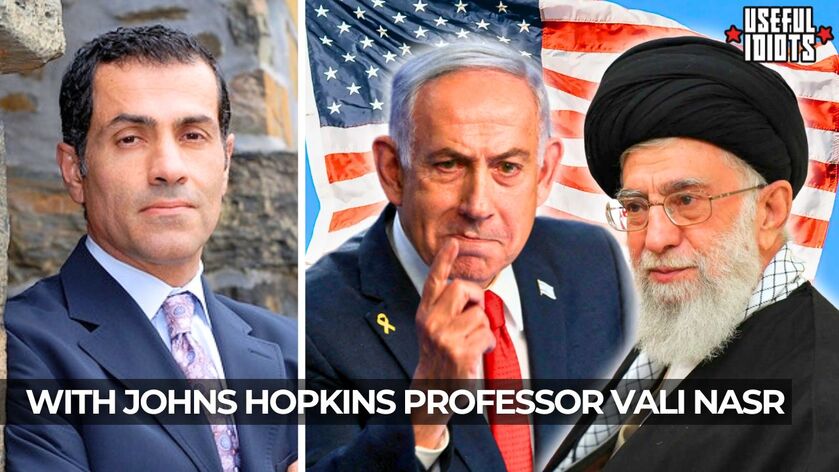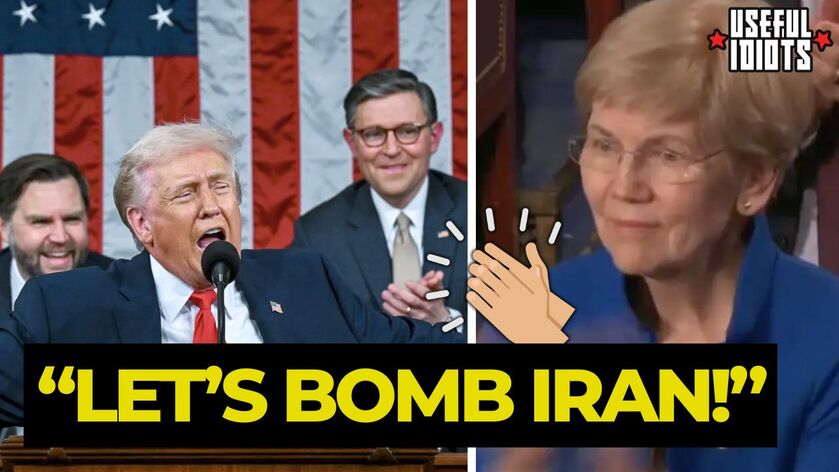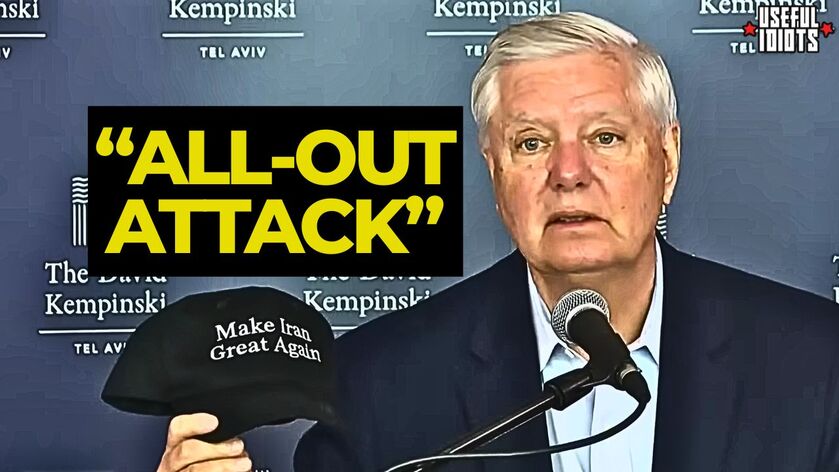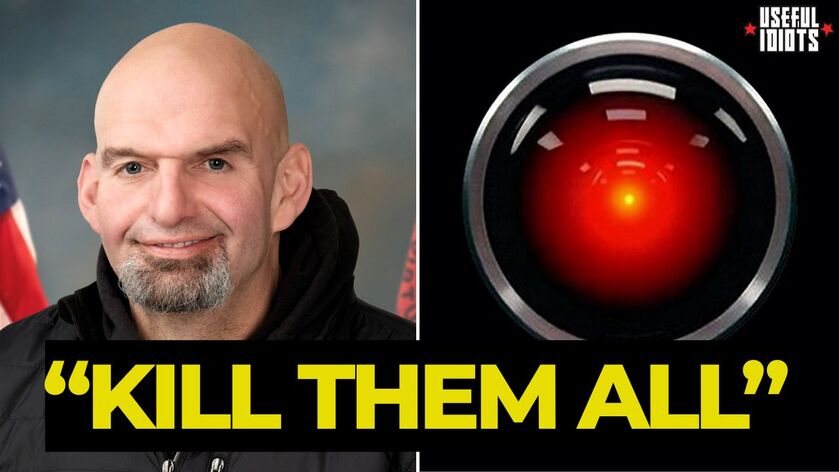Subscribe for the full episode at the bottom of the page. Watch a free preview here:
Hours after we spoke to Johns Hopkins Professor of Advanced International Studies Vali Nasr, Israel killed multiple Iranian military officials in a strike against “Iranian nuclear sites.” Both Israel and the United States threatened “even more brutal” attacks to come.
Professor Nasr explains why Israel benefits from attacking Iran, why they can’t do it without US assistance and consent, and how Iran will respond in the coming days.
Useful Idiots: Are you expecting some sort of military strike from Israel against Iran?
Professor Vali Nasr: I don't think Israel is actually able to take out Iran's nuclear facilities on its own without US assistance. It could perhaps hit Iran and then hope the Iranians would retaliate and then bring the United States into a war with Iran. But even in order to get to Iran, Israel cannot surprise the US. It has to go through US radar lines. This idea that Israel would attack Iran on its own without telling the United States, without US cooperation or US support, is just not credible.
Useful Idiots: From Iran's perspective, can you explain why enrichment is a red line? Why they insist on what they see as their right to enrich and how they would respond to an argument from the outside saying, ‘Why can't you meet your energy needs through some other means that doesn't include enrichment, which could put you one day on the path to a nuclear weapon?’
Professor Nasr: They view it as an inherent right. To say that Iran does not have a right to enrich is basically singling out Iran as a special case in the international community. There are other signatories to the non-proliferation treaty agreement, which also enriched uranium. So the Iranians are basically saying, ‘We're happy to give you inspections, we're happy to be transparent with the inspections, but this is an inherent right.’
Secondly, the Iranians have spent billions of dollars over two decades building essentially an industrial capacity enrichment program. And it's now very much embedded in Iran's economy with tons of companies, businesses, et cetera, tied to it.
And thirdly, I think they believe that if they gave up enrichment, the United States would not abide by any deal that is signed. They have zero trust in the US, particularly given that this is the very president who walked away from the previous deal. What guarantee do they have that after they gave up all of their enrichment that any country will supply them with their fuel? And then the United States says, ‘OK, we took everything out of Iran. Now let's renege on the deal like last time, reimpose maximum pressure sanctions on them, and then go after the regime.’
So for varieties of reasons, they don't think it's a good idea to give up the right to enrich. And that's their red line.
Subscribe to hear the full interview with Professor Vali Nasr on the validity of the claim that Iran’s aim is to destroy Israel, whether Iranian tensions would cease if Palestinians were freed from Israeli occupation, and the true nature of Iran’s relationship with Russia and China.
Plus, catch this week’s Thursday Throwdown: Trump Claims No One Wants to Protest His Birthday Parade (but threatens them just in case)
Thanks for supporting independent media. Subscribe for the full interviews here:


















